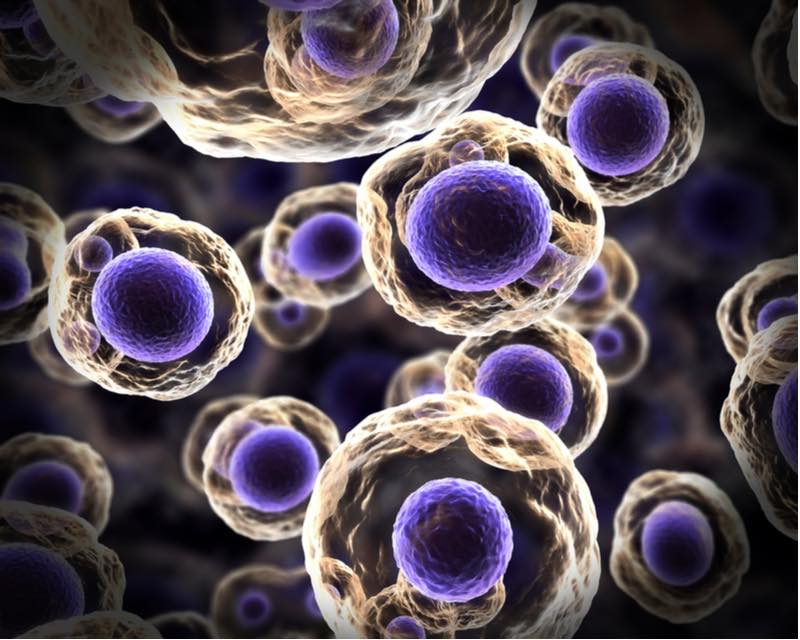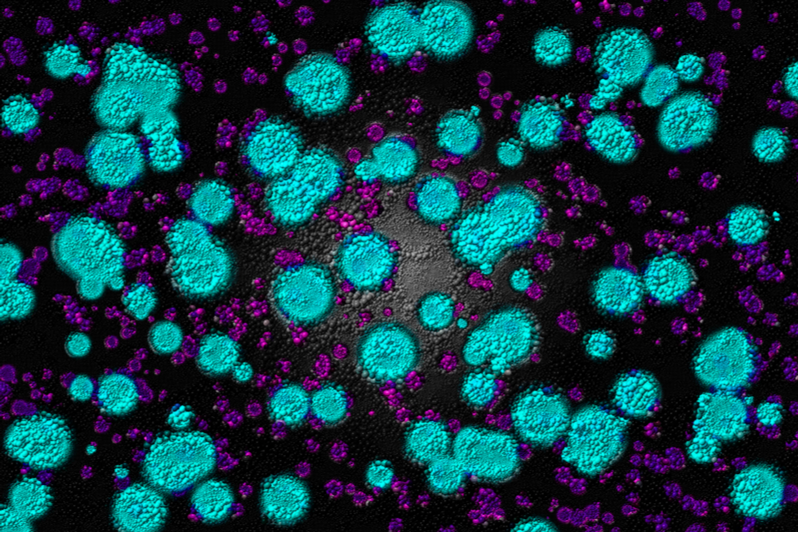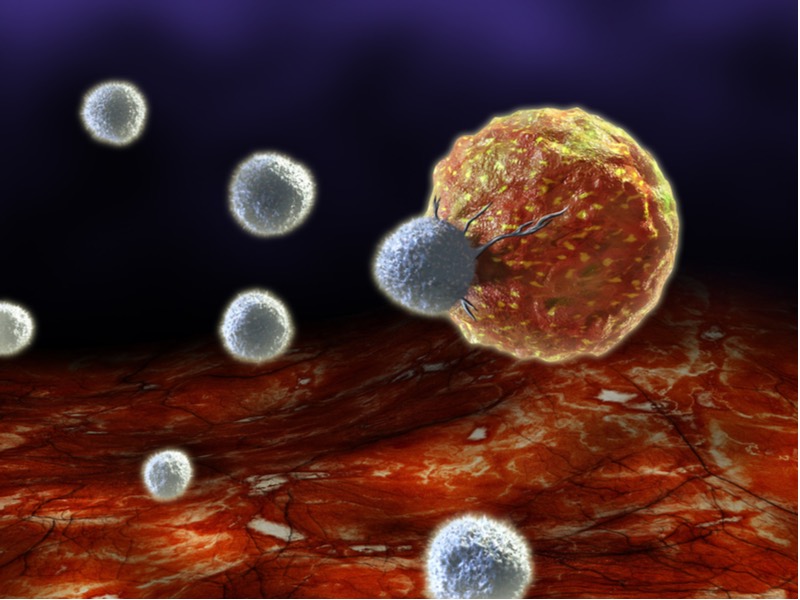Newsletter Signup - Under Article / In Page
"*" indicates required fields
European biotech companies gathered in Chicago, USA, to share the latest advances in cancer research at the biggest cancer conference of the year, ASCO 2019.
This year’s conference has drawn fewer big blockbuster headlines than other years, but there was plenty to see nonetheless. There were results from many different clinical trials by big pharma and biotech companies across the world, covering treatments ranging from small molecules, cell therapies and cancer vaccines.
The US company Gilead reported final results from a phase I trial of a CAR T-cell immunotherapy in development. The treatment shrank tumors in 68% of patients with treatment-resistant acute lymphoblastic leukemia. Gilead already has one such therapy on the market, Yescarta, so these results could help the company maintain its edge in the CAR T field.
Big pharma companies AstraZeneca, Merck, Janssen and Novartis presented the latest results from their small molecule drugs. One notable phase III result came from the drug Lynparza developed by AstraZeneca and Merck, which improved survival of patients with hard-to-treat pancreatic cancer.
While European biotechs are sometimes overlooked in comparison to their US counterparts, these companies showed they are taking great strides in the fight against cancer too.

Cell therapies, microbiome, and more
The Czech company Sotio revealed results from a phase I/II trial testing a cell immunotherapy to treat patients with late-stage non-small cell lung cancer, where the cancer is spreading throughout the patient’s body.
The treatment proved to be safe in the trial, and patients given the treatment survived for almost four months longer than patients given chemotherapy alone. The company is now planning to take the treatment into phase II/III trials.
The UK biotech Immunocore presented results on an antibody drug construct that can bind to melanoma cells and recruit nearby T cells to kill the tumor cells. The company analyzed data from a phase I trial of the drug in 84 patients with metastatic melanoma, searching for biomarkers that can be used to monitor patients. The company found biomarkers for the efficacy and safety of the drug, consisting of different immune proteins.
Like Immunocore, the Belgian company eTheRNA reported the results from a clinical trial targeting patients with melanoma. eTheRNA’s approach, though, is a therapeutic vaccine made from molecules of mRNA.
The treatment produced no serious side effects in the 20 enrolled patients. Seven of the patients were able to produce an immune response to the tumor. The company now plans to test the treatment in patients with metastatic melanoma and combine the treatment with a checkpoint inhibitor.

The UK biotech 4D Pharma announced results from an ongoing clinical trial testing a solid tumor treatment based on giving the patient capsules of live bacteria. The enrolled patients had solid tumors that failed to respond to checkpoint inhibitors. While the patients enrolled so far are tolerating the microbiome-based treatment well, the trial is expected to finish in 2024, so we’ll need to wait and see how the treatment performs.
Small molecule treatments
After a disappointing high-profile phase III failure in ovarian cancer last year, the Spanish giant PharmaMar now has some hope of salvaging the drug lurbinectedin. In a phase II trial recruiting 105 patients with small cell lung cancer, around 35% of the patients responded to the drug, with the response lasting up an average of 5 months.
“These results show that lurbinectedin may have the potential to become a therapeutic alternative for patients with small cell lung cancer, a pathology in which no second-line product has been approved for more than 20 years,” stated Luis Mora, General Manager of the Oncology Business Unit at PharmaMar.

The Norwegian company BerGenBio reported results from an ongoing phase II trial with a first-in-class drug that could treat solid and liquid tumors by preventing the tumor from escaping the immune system. Combined with chemotherapy, the drug was well tolerated and has so far shrunk the tumors of 6 patients with acute myeloid leukemia that had ceased responding to previous treatments.
A small molecule drug combined with a checkpoint inhibitor, developed by the Swedish company Medivir, also showed promise for treating solid tumors. The combination treatment was safe for the 19 enrolled patients in a phase I trial. Furthermore, the tumors in two patients shrank and the cancer in seven patients stabilized. The company now plans to launch a phase II study based on doses calculated from the phase I results.
The Canadian company Sierra Oncology showed the attendees results from a phase I/II trial treating anogenital cancer. According to the trial results, the drug shrank tumors in 30% of patients. Licensed from the UK biotech Sareum Holdings, the drug is designed to treat cancer by inhibiting the cancer cells’ ability to replicate themselves.
ASCO is one of the biggest medical conferences in the world and these are just a small selection of the exciting research that was discussed over the weekend. Watch this space for more news on groundbreaking innovation and developments in the European oncology and biotech space.
Images from Shutterstock
Oncology R&D trends and breakthrough innovations







